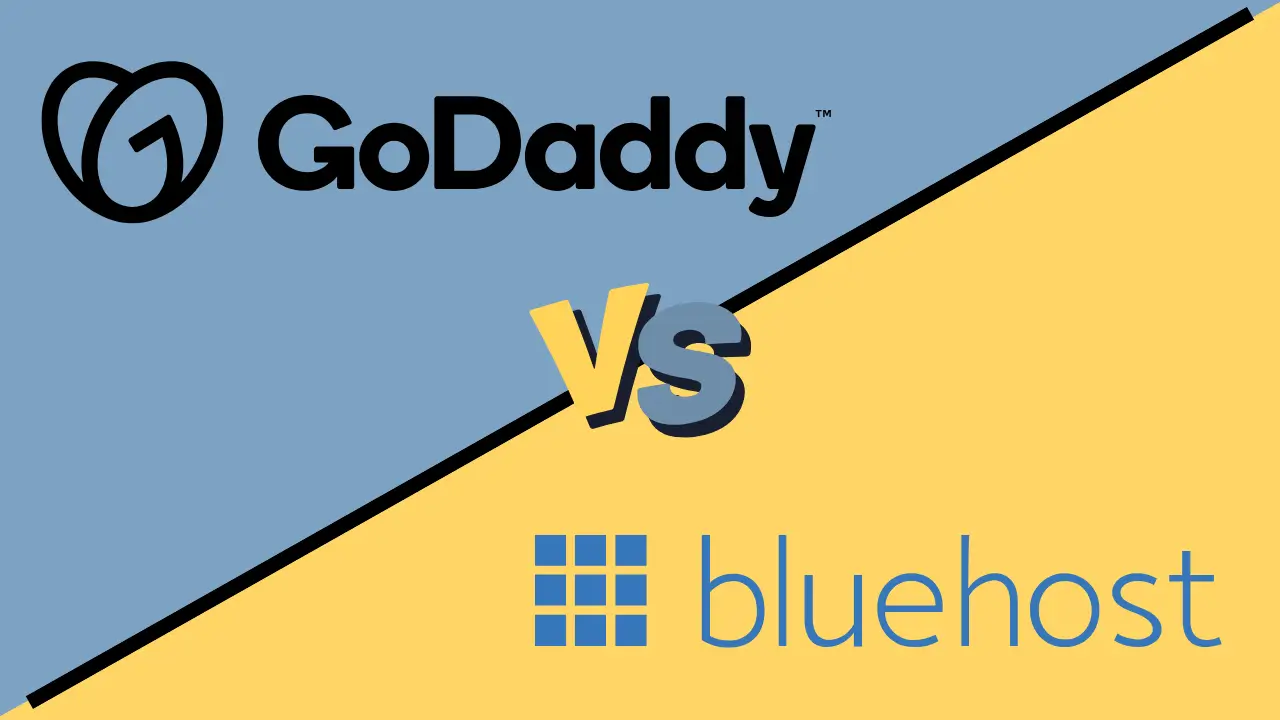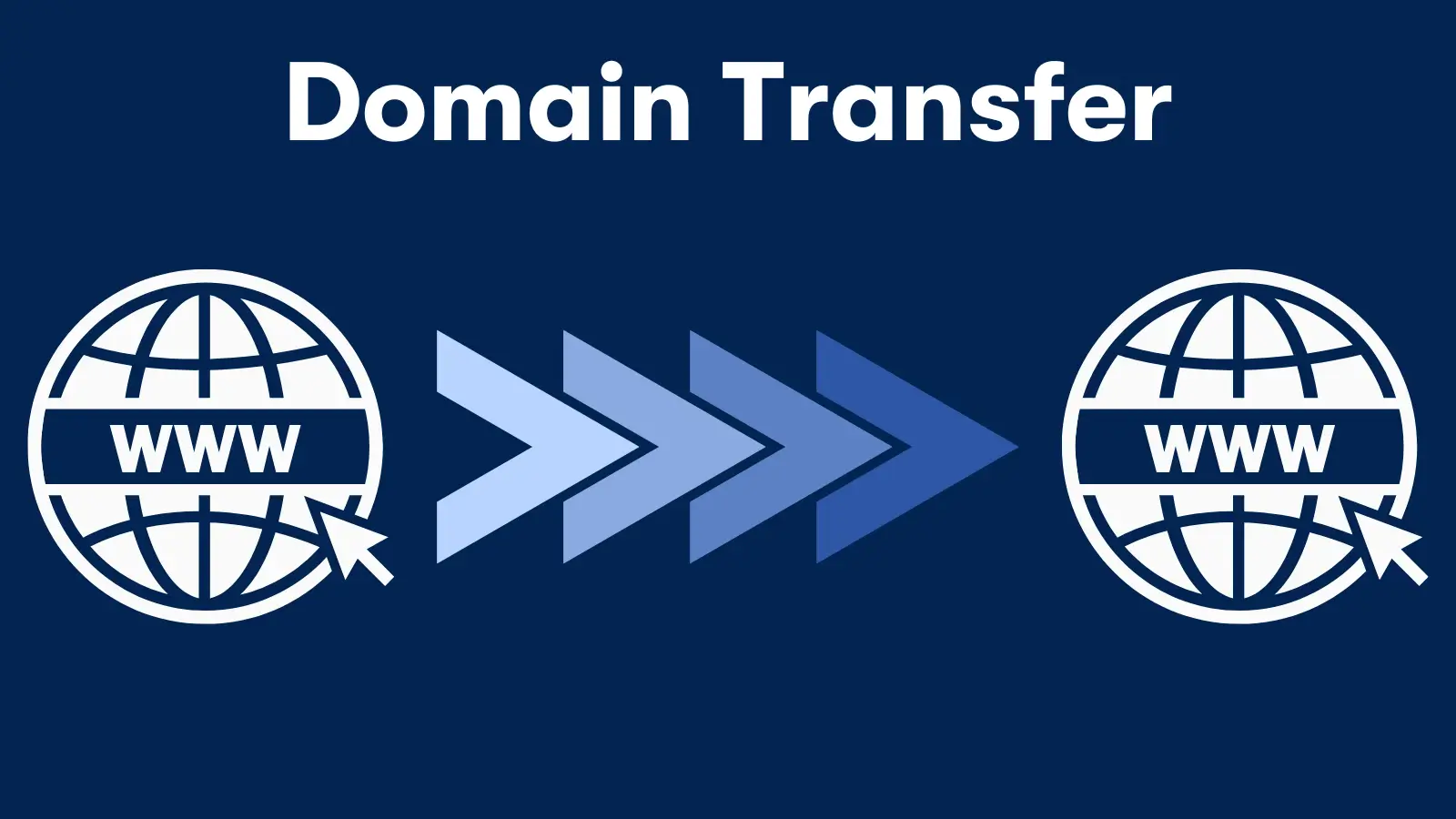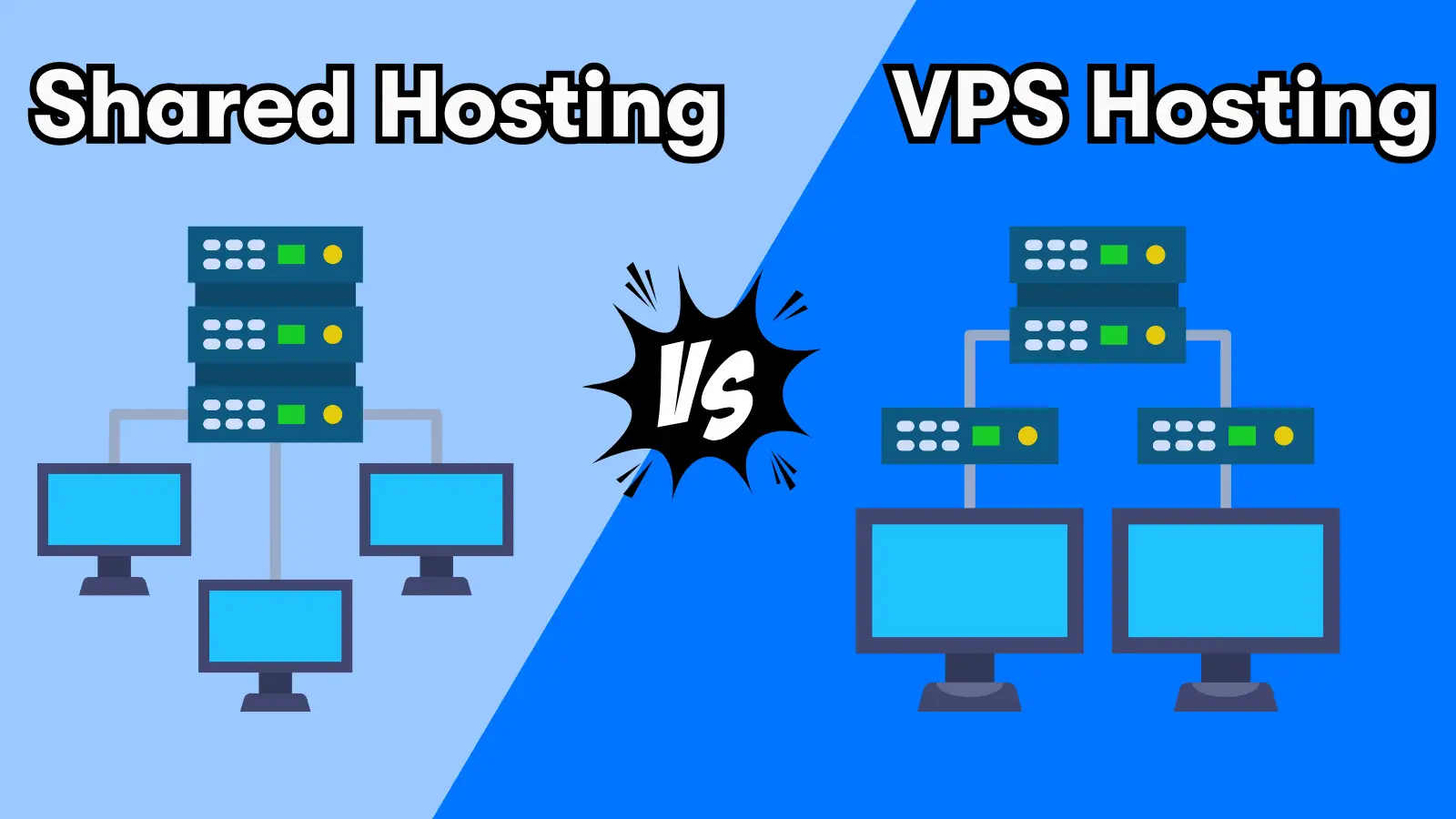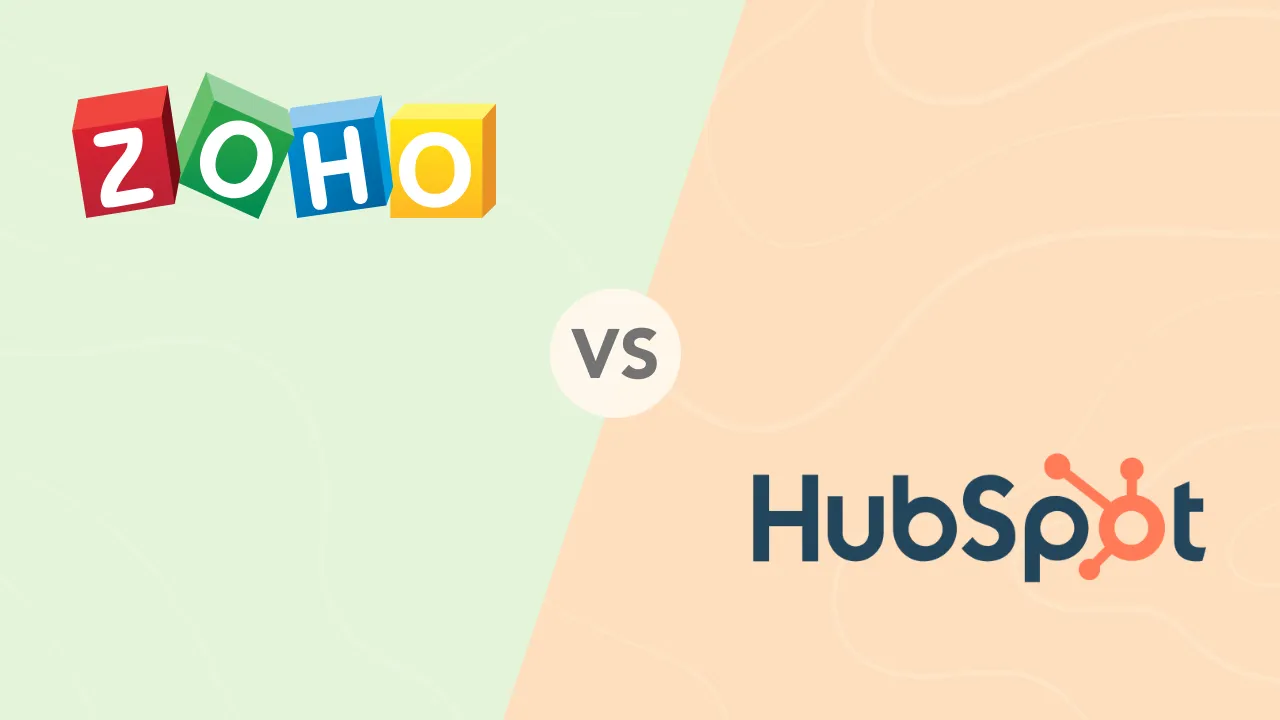How Much Does a Website Hosting Cost in 2025?

Introduction to Web Hosting Costs
In the modern digital landscape, establishing and maintaining an online presence is essential for businesses, entrepreneurs, and individuals alike. Whether you’re creating a personal blog, running a small business website, or managing a large e-commerce platform, your website’s performance and reliability are directly tied to the web hosting service you choose. Therefore, understanding website costs, including website hosting costs, is fundamental to making informed decisions.
At its core, web hosting is a service that allows individuals and organizations to make their websites accessible over the internet. Hosting involves storing website files on a server and making them available to users around the world. Various components—such as server space, bandwidth, uptime, security, and support—all contribute to the overall web hosting cost.
Web hosting prices vary widely, from just a few dollars per month for basic services to hundreds of dollars per month for more advanced solutions. In this comprehensive guide, we’ll break down the different types of web hosting services, examine the factors that influence web hosting costs, explore hidden fees, and provide insights on how to choose the best hosting plan for your needs.
How Much Does Web Hosting Cost? Comparing Costs
To help you make an informed decision, here’s a comparative breakdown of website cost and web hosting costs across different hosting types:
| Hosting Type | Initial Cost (Monthly) | Renewal Cost (Monthly) | Best For |
| Shared Hosting | $2 – $10 | $10 – $30 | Small blogs, personal websites |
| VPS Hosting | $5 – $50 | $50 – $150 | Medium-sized businesses |
| Dedicated Hosting | $50 – $100 | $100 – $700 | Large enterprises |
| Cloud Hosting | $10 – $100 | $100 – $400 | Dynamic, high-traffic websites |
| Managed Hosting | $10 – $50 | $30 – $100 | Websites needing convenience |
Types of Web Hosting Services and Their Costs
When it comes to hosting your website, understanding the different types of web hosting services available and their associated costs is fundamental. The primary types of web hosting services include shared hosting, VPS hosting, dedicated hosting, and cloud hosting. Each type has distinct features and caters to different needs, thus impacting the web hosting cost differently. Additionally, it’s crucial to consider the upfront website development costs, which encompass various factors essential for designing or redesigning a website.
1. Shared Hosting
Shared hosting is the most economical and widely used form of web hosting. In a shared hosting environment, multiple websites are hosted on the same physical server, which means they share the server’s resources such as CPU, RAM, and storage. This makes shared hosting one of the most affordable options for small websites, personal blogs, and those looking to create their own site.
- Cost Range: $2 to $10 per month. Renewal prices often increase to $10 to $30 per month.
- Best For: Small blogs, personal websites, and startups with low traffic volumes.
- Features: Basic storage (e.g., 10-50GB),cPanel, daily backup limited CPU and RAM, free SSL certificates, email hosting, and basic customer support.
While shared hosting is cost-effective for an existing site, it comes with limitations. Since you’re sharing resources with other websites, your website’s performance may suffer if neighboring sites experience high traffic. However, for new websites or those with low traffic, shared hosting is a practical and affordable solution.
2. VPS Hosting (Virtual Private Server)
Virtual Private Server (VPS) hosting is a step up from shared hosting. With VPS hosting, you still share a physical server with other users, but each website is allocated its own dedicated portion of server resources. This setup provides better performance, more control, and improved scalability compared to shared hosting. Small businesses can benefit from the affordability and scalability of VPS hosting as they grow.
- Cost Range: Typically $5 to $50 per month for entry-level plans, with high-end VPS hosting reaching $100 to $150 per month depending on resource allocation.
- Best For: Medium-sized businesses, growing websites, or websites with moderate traffic that require more power than shared hosting can provide.
- Features: Dedicated CPU, RAM, and storage, root access for custom server configurations, and enhanced security features.
VPS hosting provides a good balance between affordability and functionality, making it an ideal solution for websites that have outgrown shared hosting but don’t yet require the full resources of a dedicated server.
Hiring a professional web developer can further enhance the benefits of VPS hosting by ensuring custom server configurations are optimized for your specific needs.
3. Dedicated Hosting
With dedicated hosting, you lease an entire physical server dedicated exclusively to your website. This means you have full control over the server’s resources, including CPU, RAM, storage, and bandwidth, without sharing them with other websites, making it ideal for an e-commerce website. Dedicated hosting offers the highest level of performance and security.
- Cost Range: Typically starts at $50 per month and can go up to $700 or more, depending on the server’s specifications and additional services such as server management.
- Best For: Large e-commerce websites, enterprises, and high-traffic websites that require maximum performance, security, and control.
- Features: Full control over server configuration, the ability to install custom software, high levels of security, and dedicated technical support.
Due to its high server hosting cost, dedicated hosting is typically used by large businesses or websites with millions of visitors per month, where downtime or slow performance could result in significant losses. Hiring professional web designers can ensure custom solutions that maximize the benefits of dedicated hosting.
4. Cloud Hosting
Cloud hosting is a relatively newer type of hosting that uses a network of interconnected virtual servers, known as a web server, to host websites. This structure allows for greater flexibility and scalability, as your website can pull resources from multiple servers as needed. Cloud hosting is often considered a more reliable and scalable option than traditional hosting methods.
- Cost Range: Basic cloud hosting plans start at $10 per month, while more advanced plans can cost between $50 and $300 per month, depending on resource needs and usage.
- Best For: Growing businesses, websites with fluctuating traffic, and those that need to scale resources on demand.
- Features: High uptime and redundancy (since the website is hosted on multiple servers), pay-as-you-go pricing models, and automatic scalability.
Cloud hosting is ideal for websites that experience varying levels of traffic, such as an e-commerce store during peak shopping seasons or media-heavy websites with large audiences.
5. Managed Hosting
Managed hosting refers to a hosting service where the provider handles the day-to-day management of the server, including maintenance, updates, security, and backups. Managed hosting can apply to different types of hosting (e.g., VPS, cloud, or dedicated) and is designed to take the technical workload off the website owner, making it ideal for those managing their own business website.
- Cost Range: Managed hosting plans typically range from $10 to $100 per month, depending on the level of management and server resources required.
- Best For: Businesses or individuals who want a hassle-free hosting experience without the need to manage server configurations, updates, or security protocols.
- Features: Automatic updates, enhanced security features, daily backups, and 24/7 monitoring.
Managed hosting is particularly useful for small to medium-sized businesses or those without a dedicated IT staff. By outsourcing the technical aspects of web hosting, website owners can focus on growing their business or creating content. Additionally, hiring a professional web designer can provide expertise and customization, ensuring a well-designed and functional website.
Factors Influencing Web Hosting Costs
The web hosting cost is influenced by numerous factors that determine the quality and performance of the service. It’s crucial to comprehend these factors to make an informed decision that aligns with your budget and website requirements. Below are some of the primary factors that can affect the web hosting services cost. Additionally, businesses should consider website maintenance costs, which include ongoing expenses for platform choices, design updates, and secure hosting.
Bandwidth
Bandwidth refers to the amount of data that can be transferred between your website and its visitors over a specific period. Higher bandwidth is essential for websites with high traffic as it ensures fast load times and a smooth user experience. The more bandwidth you require, the higher the web hosting cost is likely to be.
- Low Bandwidth (Shared Hosting): Typically ranges between 100GB to Unlimited, with costs starting from $1.99 to $19.99 per month.
- Moderate to High Bandwidth (VPS Hosting): Ranges from 500GB to Unlimited, and costs vary from $5 to $80 per month.
- Very High Bandwidth (Dedicated and Cloud Hosting): Can exceed 5TB, with hosting costs ranging from $80 to $500 per month.
Bandwidth allocation is critical for e-commerce websites, streaming platforms, or any site with a large volume of traffic and data exchange. Hence, understanding your bandwidth needs is crucial for estimating the web hosting services cost and ensuring a seamless experience for your website visitors.
Storage
Storage is another significant factor influencing the web hosting cost, and the choice of a reliable web host is crucial. It pertains to the amount of disk space allocated to your website for storing files, databases, emails, and other content. Different types of storage, such as HDD (Hard Disk Drive) and SSD (Solid State Drive), also affect the hosting cost.
- Low Storage (Shared Hosting): Usually offers 10GB to 50GB of HDD storage, with costs from $1.99 to $19.99 per month.
- Moderate Storage (VPS Hosting): Offers between 20GB to 100GB, typically SSD, and ranges from $5 to $80 per month.
- High Storage (Dedicated and Cloud Hosting): Exceeds 500GB and can be SSD or hybrid storage, with costs ranging from $80 to $500 per month.
Choosing the right amount of storage depends on the size and nature of your website. For instance, a media-rich website with high-resolution images and videos will require more storage, thereby increasing the web hosting services cost.
Related Articles
Scalability
Scalability is the ability of a hosting plan to handle the growth of your website. As your site gains more traffic and content, you’ll need more resources to maintain performance levels. Scalable hosting plans, such as VPS and cloud hosting, provide flexible options to upgrade resources without significant downtime. Digital marketing strategies can also benefit from scalable hosting, as they often require robust infrastructure to support increased traffic and lead generation.
- Shared Hosting: Typically not very scalable. It offers limited options for upgrading resources, which could lead to higher web hosting costs if you outgrow the plan and need to migrate to a higher-tier hosting service.
- VPS Hosting: Offers moderate scalability. You can increase RAM, CPU, and storage as your needs grow, with hosting costs ranging from $5 to $80 per month.
- Cloud Hosting: Highly scalable. You pay for the resources you use, making it ideal for growing websites. Web hosting prices can range from $10 to $300 per month, depending on usage.
Scalability ensures your website can handle spikes in traffic and grow without performance degradation, impacting the overall web hosting services cost.
Customer Support
Customer support quality varies significantly across different hosting providers and types of hosting plans. When considering how much does it cost to choose a hosting plan with good support, it’s crucial to understand the financial aspects involved. Effective customer support is essential for quickly resolving any technical issues that may arise, minimizing downtime, and ensuring smooth operation.
- Basic Support (Shared Hosting): Includes email and ticket-based support, generally available during business hours. This basic support level is reflected in the lower web hosting prices, starting from $1.99 to $19.99 per month.
- Enhanced Support (VPS Hosting): Offers 24/7 support via multiple channels such as chat, email, and phone. Hosting costs for these plans range from $5 to $80 per month.
- Premium Support (Dedicated and Cloud Hosting): Includes priority support, dedicated account managers, and advanced troubleshooting. Premium support is one reason for the higher web hosting services cost, ranging from $80 to $500 per month.
High-quality customer support can justify a higher hosting cost as it ensures timely assistance and peace of mind, especially for businesses relying on continuous online presence.
By understanding these factors, you can better navigate the various web hosting services costs and choose a plan that offers the best balance of price and performance for your specific requirements. The next section will explore potential hidden fees that can be encountered when purchasing web hosting services.
Additional Features
Additional features offered by hosting providers also significantly affect the web hosting cost. These features can include enhanced security measures, website builders, free domain names, SSL certificates, backup solutions, and performance optimizations.
- Security Features: Includes firewalls, malware scanning, and DDoS protection. Enhanced security is essential for e-commerce and sensitive data sites, and it can increase the web hosting services cost. For example, adding advanced security features can increase costs by $10 to $50 per month.
- Website Builders: Many hosting plans come with integrated website builders like WordPress, Wix, or Weebly. These can simplify site creation and management, but they can also add to the hosting cost.
- Free Domain Name: Some hosting providers offer a free domain name for the first year, which can save around $10 to $15. However, domain renewal costs can affect the overall web hosting services cost.
- SSL Certificates: Essential for securing data transmission and boosting SEO rankings. While basic SSL certificates are often free with shared and VPS hosting plans, advanced SSL certificates can cost between $50 to $150 annually.
- Backup Solutions: Regular automated backups are crucial for data recovery. Hosting providers may charge extra for daily backup services, ranging from $2 to $50 per month, depending on the backup frequency and storage.
These additional features can enhance the functionality and security of your website, but they also contribute to the overall web hosting cost. Evaluating these features in the context of your website’s needs is essential for determining the best value for money.
Hidden Fees in Web Hosting
While many hosting providers advertise low prices, it’s important to consider how much does a website truly cost, including potential hidden fees that may arise, impacting the overall web hosting cost. Below are some common hidden fees to watch out for:
1. Setup and Migration Fees
Some hosting providers charge a one-time fee for setting up your online store or migrating your existing website to their servers. These fees can range from $10 to $100, depending on the provider and the complexity of the migration.
2. Renewal Rates
Introductory prices are often significantly lower than the regular rates, which kick in upon renewal. For example, you might sign up for a $3 per month shared hosting plan, but the renewal cost could increase to $10 or $30 per month. Always check the fine print to understand the long-term website costs.
3. Domain Registration and Renewal Fees
While some web hosting plans include free domain registration for the first year, the renewal cost can be higher than expected. The domain hosting cost for renewal typically ranges from $10 to $20 per year, but premium domains can cost significantly more. Additionally, if your hosting plan does not include domain privacy protection, this can add another $10 to $15 annually. Considering these factors, it’s important to account for website maintenance costs, which encompass not only domain fees but also ongoing expenses like secure hosting and design updates.
4. SSL Certificates
While some hosting providers include basic SSL certificates for free, more advanced certificates may incur additional costs, ranging from $20 to $150 per year, especially for websites handling sensitive information like payment data. These expenses are part of the upfront website development costs that businesses need to consider.
5. Backup Services and Website Maintenance Costs
Regular backups are essential for any website, especially in the event of data loss or security breaches on a web server. Some hosting providers include basic backup services, but more frequent or comprehensive backup options may cost extra, often ranging from $5 to $50 per month.
6. Overages
If your website exceeds the allocated bandwidth or storage limits, you may be charged overage fees. These fees can range from $0.10 to $0.50 per GB of additional usage.
Potential Hidden Fees Summary
| Hidden Fee | Estimated Cost |
|---|---|
| Setup and Migration Fees | $10 – $100 |
| Renewal Rates | Varies (e.g., $10 – $30 per month) |
| Domain Registration | $10 – $20 per year |
| SSL Certificates | $20 – $150 per year |
| Backup Services | $5 – $50 per month |
| Overage Fees (Bandwidth/Storage) | $0.10 – $0.50 per GB |
Understanding website costs is crucial as several hidden fees can impact your budget.
Choosing the Right Hosting Plan
1. Assess Your Needs
Before selecting a hosting plan, evaluate your website’s specific needs in terms of traffic, storage, performance, and scalability. Smaller websites with low traffic can often suffice with a basic shared hosting plan, while larger websites or online stores may require the power and resources of a VPS or dedicated hosting plan. If you are creating your own business website, consider how modern website builders can help you design and manage it without needing extensive technical skills.
2. Budget Planning
Take both short-term and long-term costs into account. While introductory prices may be appealing, always check renewal rates and factor in any additional costs such as domain registration, SSL certificates, and backup services. Understanding website costs, including design, functionality, and maintenance, is crucial for effective budget planning.
3. Scalability Options
If you anticipate growth, choose a hosting plan that allows for easy scalability. VPS and cloud hosting are particularly well-suited for businesses that need to increase resources over time without experiencing downtime.
Incorporating various digital marketing strategies can also support your business’s scalability by optimizing costs and enhancing sales and revenue.
4. Support and Uptime
How much does it cost to ensure that the hosting provider offers reliable uptime guarantees (99.9% or higher) and adequate customer support? For mission-critical websites, premium support options and higher uptime guarantees may justify the higher costs.
Domain Name and Its Costs
A domain name is a crucial aspect of website hosting, as it serves as the address of your website on the internet. It’s essential to choose a domain name that is easy to remember, relevant to your business, and available for registration.
Importance of Domain Name in Hosting
A domain name plays a vital role in hosting, as it helps to:
- Identify your website on the internet
- Establish your brand identity
- Improve your website’s visibility in search engine results
- Enhance your website’s credibility and trustworthiness
Domain Registration and Renewal Costs
The cost of domain registration and renewal varies depending on the registrar, domain extension, and registration period. On average, the cost of domain registration can range from $10 to $35 per year, while renewal costs can range from $15 to $50 per year.
Some popular domain registrars and their prices are:
- GoDaddy: $14.99 – $34.99 per year
- Namecheap: $8.88 – $24.98 per year
- Google Domains: $12 – $30 per year
It’s essential to note that some website builders and hosting providers offer free domain registration for the first year, so it’s worth checking with your provider to see if they offer this service.
Website Security and Its Costs
Website security is a critical aspect of website hosting, as it helps to protect your website from cyber threats, data breaches, and other security risks. A secure website is essential for building trust with your visitors and protecting your online reputation.
Importance of Security in Hosting
Website security is crucial for:
- Protecting sensitive data and information
- Preventing cyber attacks and data breaches
- Building trust with your visitors and customers
- Improving your website’s search engine rankings
- Enhancing your online reputation
Tips for Reducing Web Hosting Costs
While website costs, including web hosting, can vary significantly, there are several strategies you can use to reduce your expenses:
- Opt for Long-Term Contracts: Many hosting providers offer discounts for committing to a long-term contract (e.g., 1 to 3 years).
- Watch for Promotions: Look for introductory offers and promotions, especially when switching to a new hosting provider.
- Bundle Services: Some hosting providers offer discounts if you bundle web hosting with domain registration or email hosting.
- Monitor Resource Usage: Regularly review your website’s resource usage to avoid overage fees and unnecessary upgrades.
Conclusion
Understanding web hosting costs is essential for choosing the right hosting solution for your website. Whether you’re just starting out with a small blog or managing a high-traffic e-commerce store, knowing the different types of hosting services, their associated costs, and potential hidden fees will help you make an informed decision.
From shared hosting for budget-conscious users to dedicated hosting for large enterprises, the options are vast and varied. By comparing features, support options, and scalability across providers, you can select a hosting plan that aligns with both your website’s needs and your budget. Always remember to factor in the long-term costs, including renewal rates and additional services, to avoid any unexpected surprises down the road.
By making a well-informed decision, you’ll be able to ensure your website runs smoothly and efficiently without overspending.








